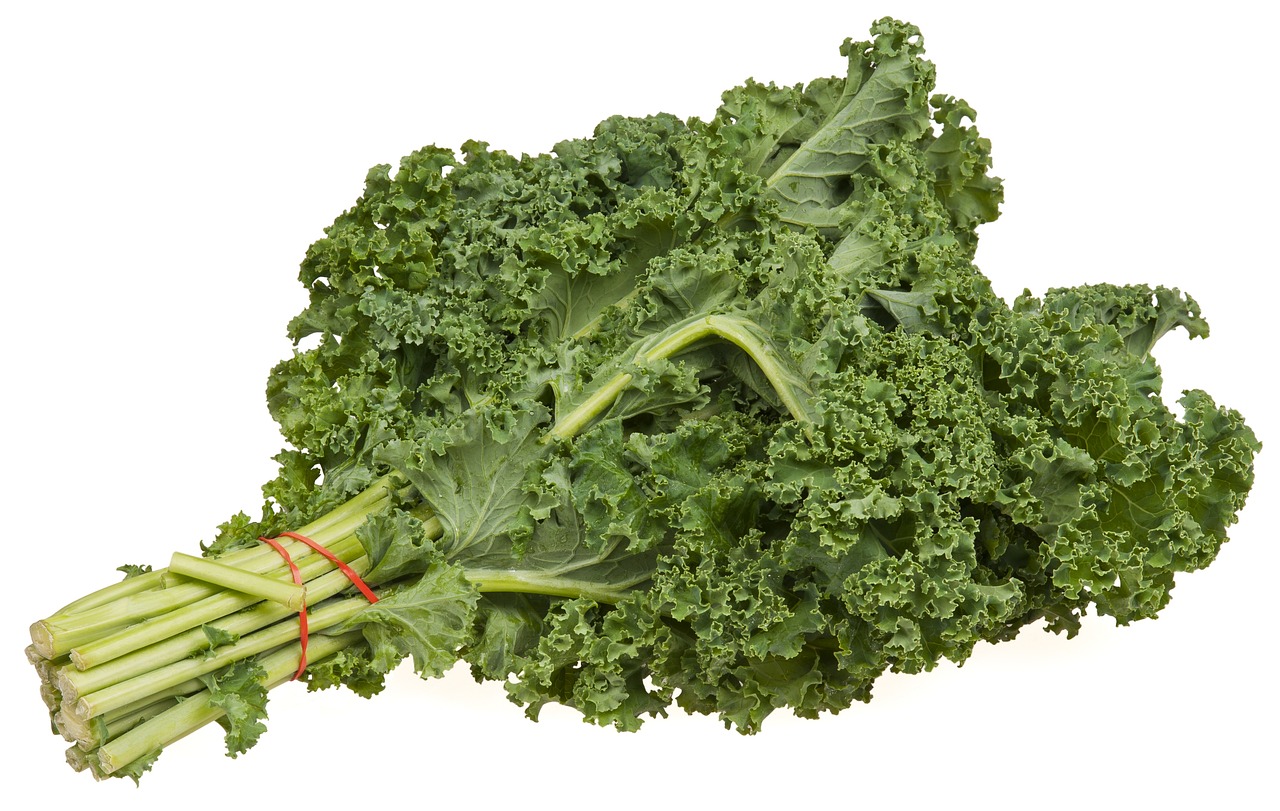What is the nutrition value of Kale?
Kale is a highly nutritious leafy green vegetable that is low in calories and high in vitamins, minerals, and antioxidants. Here are some of the key nutritional benefits of kale:
- Vitamins: Kale is an excellent source of vitamin C, vitamin K, vitamin A, and vitamin B6.
- Minerals: Kale is a good source of calcium, magnesium, potassium, and iron.
- Antioxidants: Kale is rich in antioxidants, including carotenoids (such as beta-carotene and lutein), flavonoids, and vitamin C.
- Fiber: Kale is a good source of fiber, which can help promote digestive health and keep you feeling full.
Here is the approximate nutritional value of 1 cup (67 grams) of raw kale:
- Calories: 33
- Protein: 3 grams
- Carbohydrates: 6 grams
- Fiber: 2 grams
- Fat: 0.6 grams
- Vitamin C: 134% of the RDI (Recommended Daily Intake)
- Vitamin A: 206% of the RDI
- Vitamin K: 684% of the RDI
- Calcium: 9% of the RDI
- Magnesium: 6% of the RDI
- Potassium: 9% of the RDI
- Iron: 5% of the RDI
Additional Benefits
Here are some additional nutritional benefits of kale:
- Low in calories: Kale is a very low-calorie food, which makes it a great choice for those who are trying to lose weight or maintain a healthy weight.
- High in antioxidants: Kale is rich in antioxidants, which can help protect your cells from damage caused by harmful molecules known as free radicals. Antioxidants have also been linked to a reduced risk of chronic diseases like heart disease, cancer, and Alzheimer’s disease.
- Rich in vitamin K: Kale is one of the best sources of vitamin K, a nutrient that plays a key role in blood clotting and bone health. A single cup of raw kale contains over 600% of the daily recommended intake of vitamin K.
- Good source of calcium: While kale is not as high in calcium as some other leafy greens, it still provides a significant amount of this important mineral. Calcium is essential for healthy bones and teeth.
- Helps with digestion: Kale is a good source of fiber, which can help promote regular bowel movements and improve digestive health. Eating fiber-rich foods like kale may also help lower cholesterol levels and reduce the risk of heart disease.
Overall, kale is an incredibly nutrient-dense food that offers a wide range of health benefits. Whether eaten raw in salads, sautéed as a side dish, or blended into smoothies, kale is a versatile and delicious addition to any diet.
How Do I grow Kale?
Kale is a hardy vegetable that is relatively easy to grow, even for beginners. Here are some general steps you can follow to grow your own kale:
- Choose a planting site: Kale grows best in cool weather, so choose a site that receives at least 6 hours of sunlight per day but is also somewhat sheltered from hot afternoon sun. Kale prefers well-drained soil that is rich in organic matter.
- Prepare the soil: Work compost or other organic matter into the soil to improve its texture and fertility. You can also add a balanced fertilizer to give your kale plants a boost.
- Plant the seeds: Sow kale seeds 1/2 inch deep and 12-18 inches apart, depending on the variety. You can plant kale in rows or in raised beds. Water the soil thoroughly after planting.
- Maintain the plants: Keep the soil moist but not waterlogged. Mulch around the base of the plants to help retain moisture and suppress weeds. Monitor the plants for pests like aphids or cabbage worms and remove them by hand or with an organic pesticide if necessary.
- Harvest the kale: Kale leaves can be harvested once they are 4-6 inches long. You can either harvest individual leaves or cut the entire plant back to about 2 inches above the ground. Kale leaves can be eaten raw in salads, sautéed as a side dish, or added to soups and stews.
- Extend the season: In some areas, kale can be grown year-round with the help of season extension techniques like row covers or cold frames. This can allow you to enjoy fresh kale even in the winter months.
Overall, kale is a relatively low-maintenance vegetable that is well-suited to home gardening. With a little bit of care and attention, you can grow your own delicious and nutritious kale at home.

